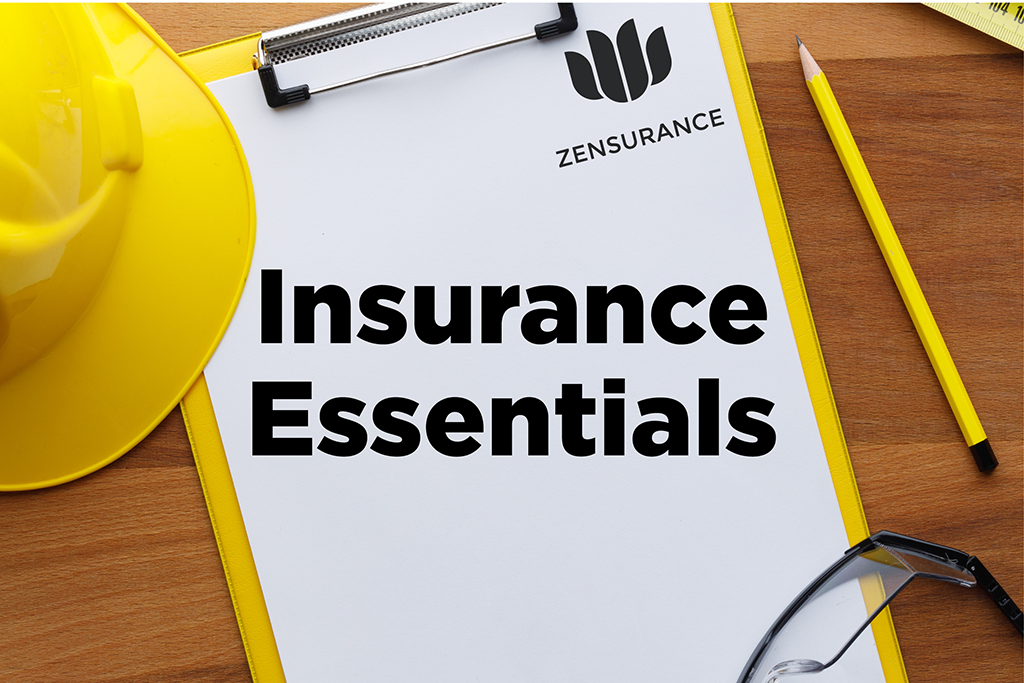Successful vendor risk management programs combine systems and workflows that effectively coordinate all stages of third-party relationships, from initial evaluation through management and termination. This approach helps prevent security breaches while protecting operational integrity while optimizing costs and guaranteeing business continuity. Cyber attacks by third parties can severely harm a company’s brand image and reputation, …
Vendor policies are typically required by venues to cover liability for vendors selling, demonstrating or displaying their products for short-term periods at special events, malls, shopping centers or trade shows – including concessionaires, exhibitors and vendors working at these events or places that don’t fall within their ownership or long-term lease obligations. This may include …
Businesses and venues frequently require vendors to carry insurance that protects against third-party bodily injury and property damage claims. This requirement will usually be outlined in their contract for hiring them for an event or project. Contracts often stipulate Umbrella/Excess Liability policies to provide higher limits when the existing CGL or product/completed operations policies reach …
In the world of business, unexpected events can turn a thriving enterprise into a financial nightmare. This is especially true for small business owners, event planners, and independent contractors, who often operate on tighter margins and face unique risks. Liability insurance becomes not just important, but essential in these scenarios. The question then arises: should …
Navigating the world of vendor liability insurance can be tricky, but it’s more important than ever for businesses. In 2024, staying informed about the latest trends and changes can help protect your business and build trust with your customers. This guide will help you understand vendor liability insurance, why it matters, and how to choose …





